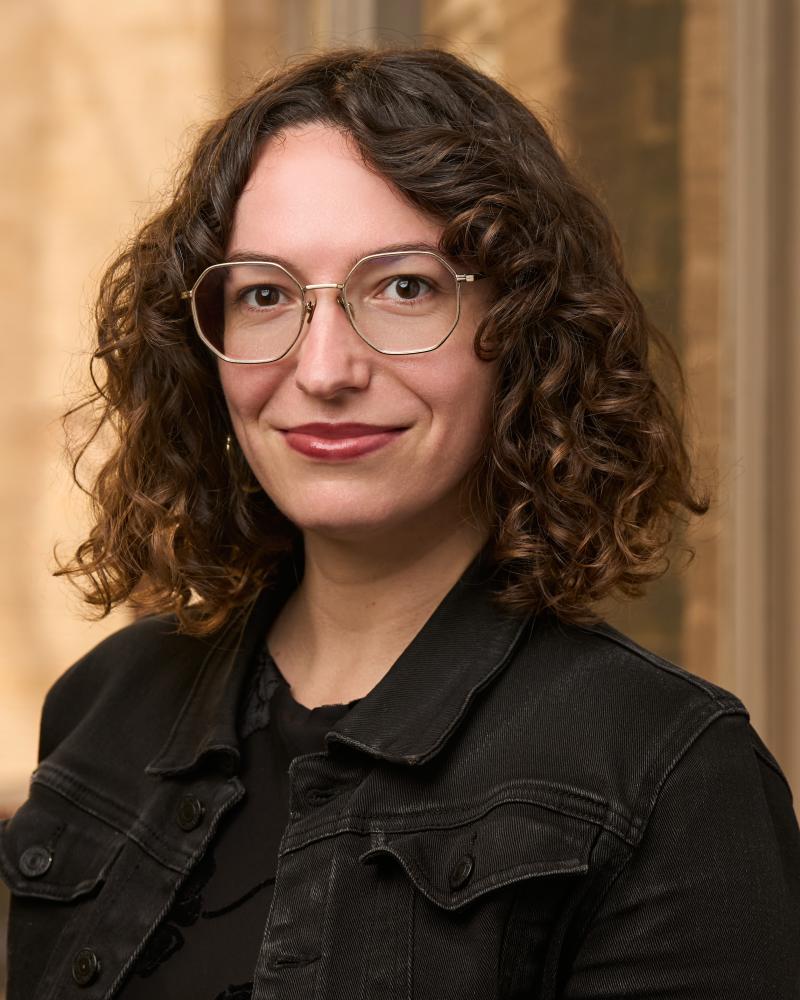
Melanie Ball – Architecture
Previous Institutions: Art Institute of Chicago, University of California Santa Barbara
Melanie R. Ball is a Ph.D. Candidate in architectural history in the School of Architecture, where she studies and teaches histories of modern housing in urban contexts across global geographies. She examines political, racial, and economic implications of housing's centrality to visual representations of a “better future” in the twentieth century. Melanie’s dissertation, “More Than Houses: Operation Breakthrough and the Evolution of Urban Crisis,” traces a relationship between the US Department of Housing and Urban Development’s industrial housing construction program, Operation Breakthrough (1969–1974), and national narratives of “urban crisis.”
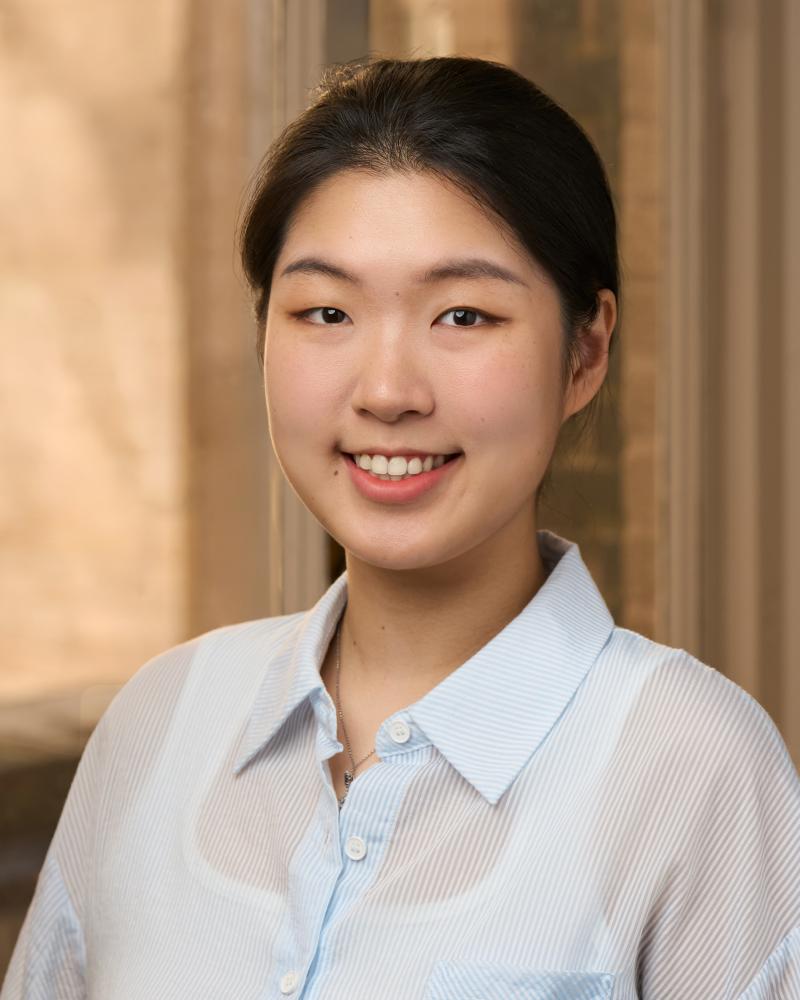
Yanpei Chen – Communication Studies
Previous Institutions: Georgetown University, Hong Kong Baptist University
Yanpei Chen is a Ph.D. student in the Department of Communication Studies. Her research centers on health communication, with a particular focus on how social inequalities and stigma shape people’s experiences of care. Her work explores issues such as communicative disenfranchisement in women’s health experience, age-related hearing loss and social isolation, and the role of media and technology in spreading and correcting health misinformation. Drawing on both qualitative and quantitative methods, she investigates how interpersonal, institutional, and cultural dynamics intersect to influence health outcomes and trust. Through her research, she aims to advance equitable and empathetic communication practices that support underrepresented and marginalized communities and improve access to care.
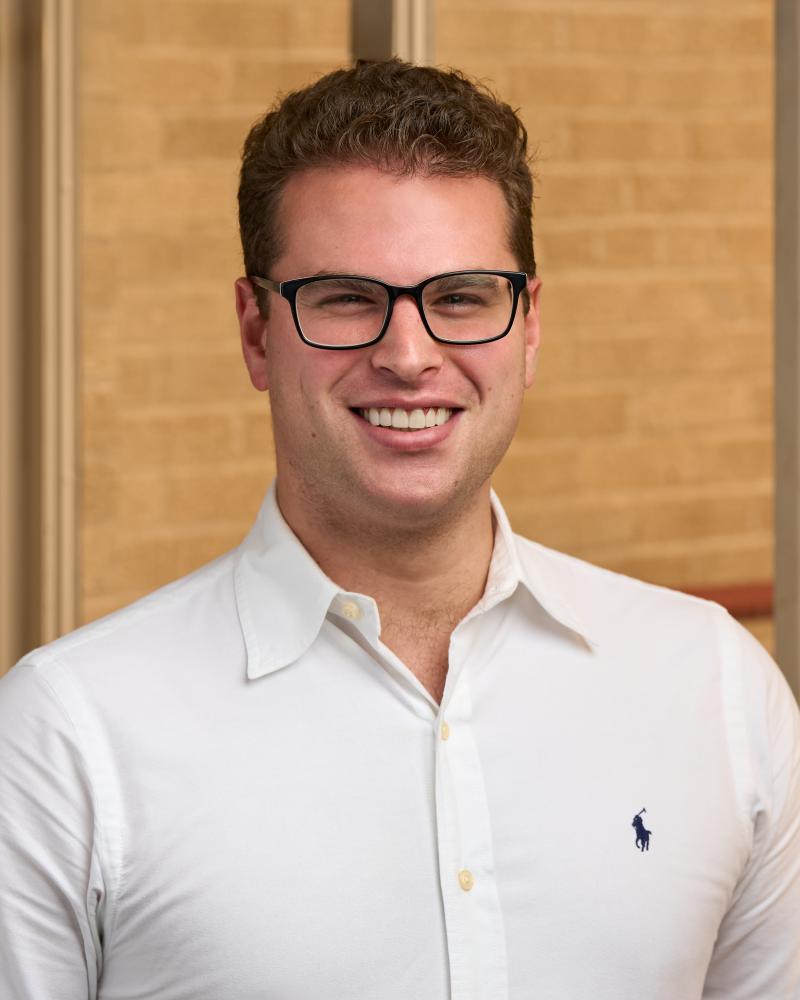
Jeffrey Coleman – Ecology, Evolution and Behavior
Previous Institution: University of California, Berkeley
Jeffrey Coleman is a Ph.D. candidate in the Ecology, Evolution, and Behavior program within the Department of Integrative Biology. He is interested in how colorful, poisonous frogs native to Central and South America have evolved to use their own proteins to move small toxic molecules from the small invertebrates they consume into their skin glands. The toxins, when in the skin, act as defenses against the snakes and birds that prey on the frogs. By identifying both the proteins the frogs use for this toxin transport, as well as the toxins themselves, Jeff ultimately aims to generate knowledge about natural products and biomolecules that can be applied both towards improving ecosystem health (by elucidating the natural cycles of ecologically-important toxins) as well as human health (by advancing pharmaceutical knowledge that can be transformed into accessible therapeutics).
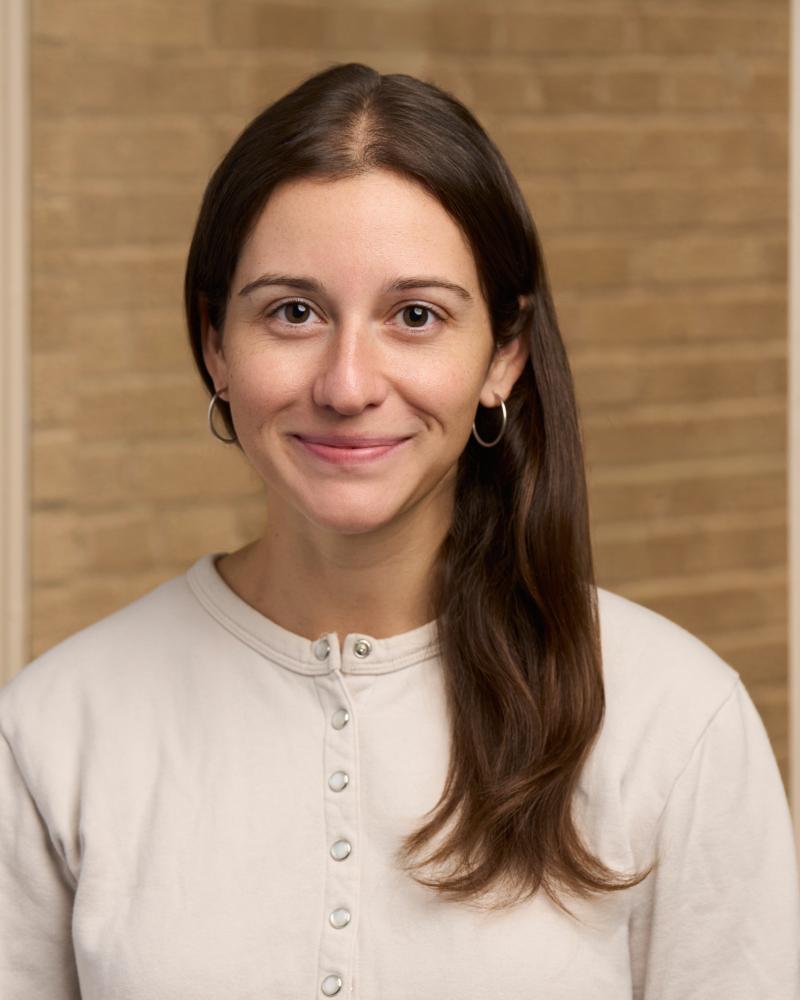
Emily Dunkel – Sociology
Previous Institutions: Columbia University, Duke University
Emily Dunkel is a Ph.D. student in Sociology. She is interested in understanding how large-scale public works are successfully implemented and sustained in the United States. She is particularly interested in the cultural preconditions that enable certain political attitudes and ideologies to take root and give way to policy advocacy and uptake. She aims to situate her research within a long lineage of socio-cultural theories that explain American institutions.
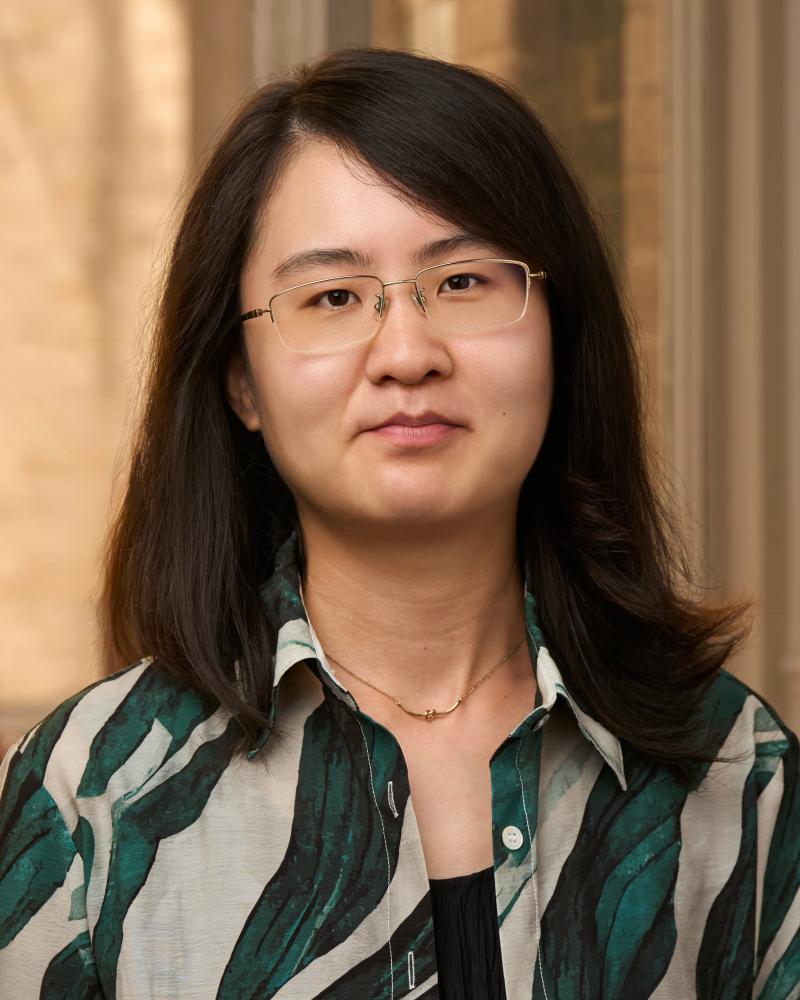
Yidi Feng - Anthropology (Sociocultural Anthropology)
Previous Institutions: London School of Economics and Political Science, Nanjing University
Yidi Feng is a Ph.D. student in Sociocultural Anthropology. Her research focuses on urban wildlife, human-animal relations, multispecies ethnography, and political ecology, with additional interests in (plastic) waste and consumption. She previously worked on citizen science projects on urban wildlife in China and now examines the governance of raccoon dogs in Shanghai, highlighting how conservation frameworks, neighborhood encounters, and collaborations among government, NGOs, universities, and citizens shape everyday life in contemporary China. Yidi is also a birder, nature observer, and photographer. She believes research, photography, and conservation practices can serve as bridges between people and nature, inspiring greater care for our nonhuman neighbors.
Jinhong Li – Public Policy
Previous Institutions: Duke University, University of Nottingham
Jinhong Li is a Ph.D. student in Public Policy at the LBJ School of Public Affairs. His research focuses on international relations, foreign policy analysis, and security studies, with particular attention to how domestic politics shape states’ external behavior and the role of rising powers in global and regional affairs. Currently, he examines the interactions among institutions, public opinion, and foreign policy decision-making, as well as the broader mechanisms through which international signals and external pressures shape policy preferences. He also explores security dynamics in the Asia-Pacific, analyzing regional patterns of balancing behavior and their implications for the regional security order.
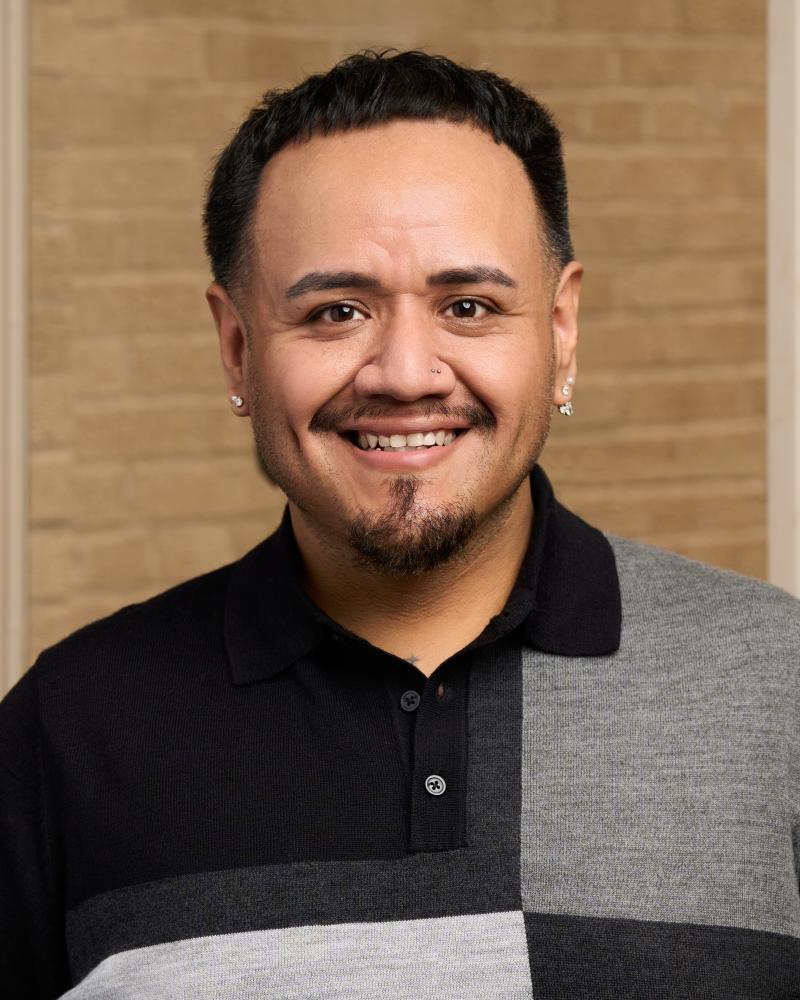
Armando Lizarraga - Educational Leadership and Policy
Previous Institutions: Columbia University, University of California Los Angeles
Armando Lizárraga is a Ph.D. candidate in the Program in Higher Education Leadership and Policy (PHELP) within the Department of Educational Leadership and Policy at the College of Education. His dissertation, which is a qualitative case study, examines how access, student debt, and reentry outcomes are shaped by the experiences of formerly incarcerated women who accessed a loan to participate in postsecondary education during their incarceration. By centering their voices, his research advances a more nuanced understanding of the intersections among sex, incarceration, and higher education, while advocating for policies that humanize and reimagine educational opportunities.

Amanda Pascali – Italian Studies
Previous Institutions: University of Houston, Università degli Studi di Messina
Amanda Pascali is a Ph.D. student in Italian Studies, a singer-songwriter, and an Artist in Residence with the Library of Congress. Her research builds on work she began as a Fulbright Fellow, where she pioneered the first comprehensive project to translate Sicilian folk songs into English. She explores the use of storytelling as a means of preserving UNESCO-endangered languages and reimagining musical traditions for contemporary contexts. Drawing on her dual role as performer and translator, she employs fieldwork, archival, and performance-based methods to explore questions of belonging, oral history, and social class. Pascali has represented the United States at the 2025 World Expo in Osaka, Japan, as well as performed at the Kennedy Center, the EU Parliament, and around the world. Her work has been featured on NPR, PBS, and other national and international media.
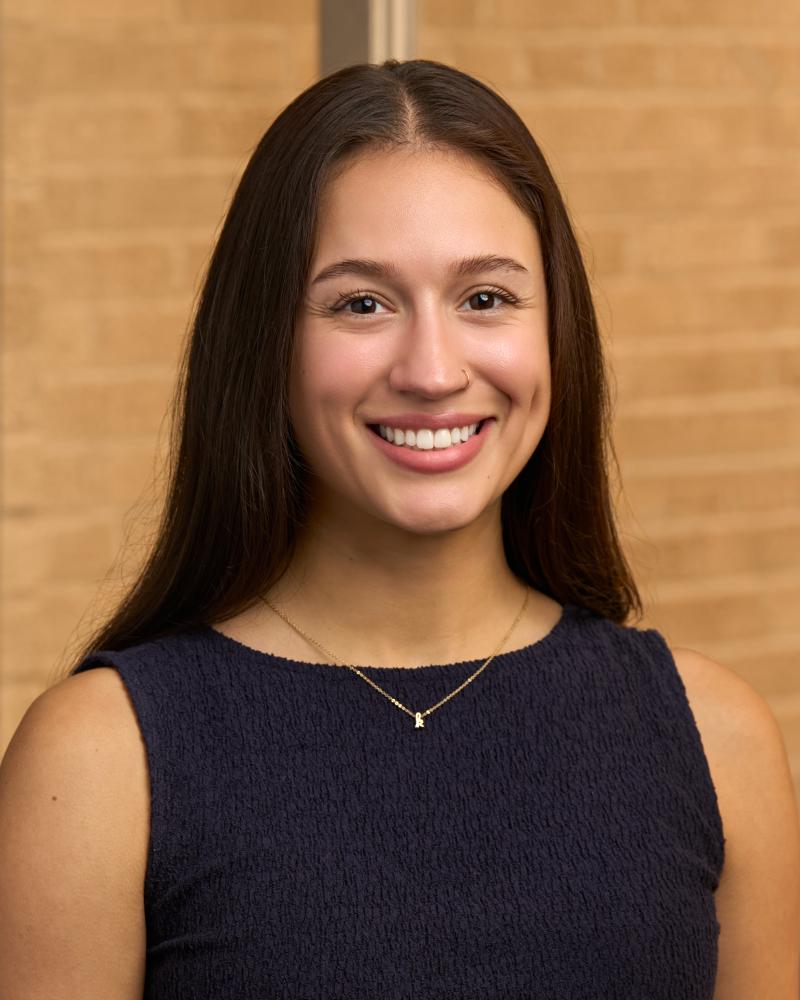
Kalina Soto Dusenbery – Neuroscience
Previous Institution: Ohio State University
Kalina Soto Dusenbery is a Ph.D. student in the Interdisciplinary Neuroscience Program. She is interested in studying the molecular mechanisms of the circadian system – the body’s internal “clock” – and how it shapes brain development. Her research will explore how circadian disruption influences neurodevelopment and neural circuit formation through altering immune cells in the brain. She will focus particularly on how circadian disturbances during critical developmental timepoints may increase vulnerability to neurodevelopmental and neurological disorders. By uncovering the mechanisms through which circadian timing governs developmental-cell processes in the brain, she hopes to identify new strategies for addressing complex disorders linked to circadian dysregulation.

Ziyao Zhang – Psychology
Previous Institution: Lehigh University
Ziyao Zhang is a Ph.D. student in psychology studying the interaction between cognitive control and memory. Using neuroimaging techniques such as EEG and fMRI, along with computational modeling, his research investigates how people maintain focus amid everyday distractions and how they distinguish between similar memories when recalling past experiences. His work aims to reveal how memory helps us navigate through the complex, ever-changing world.